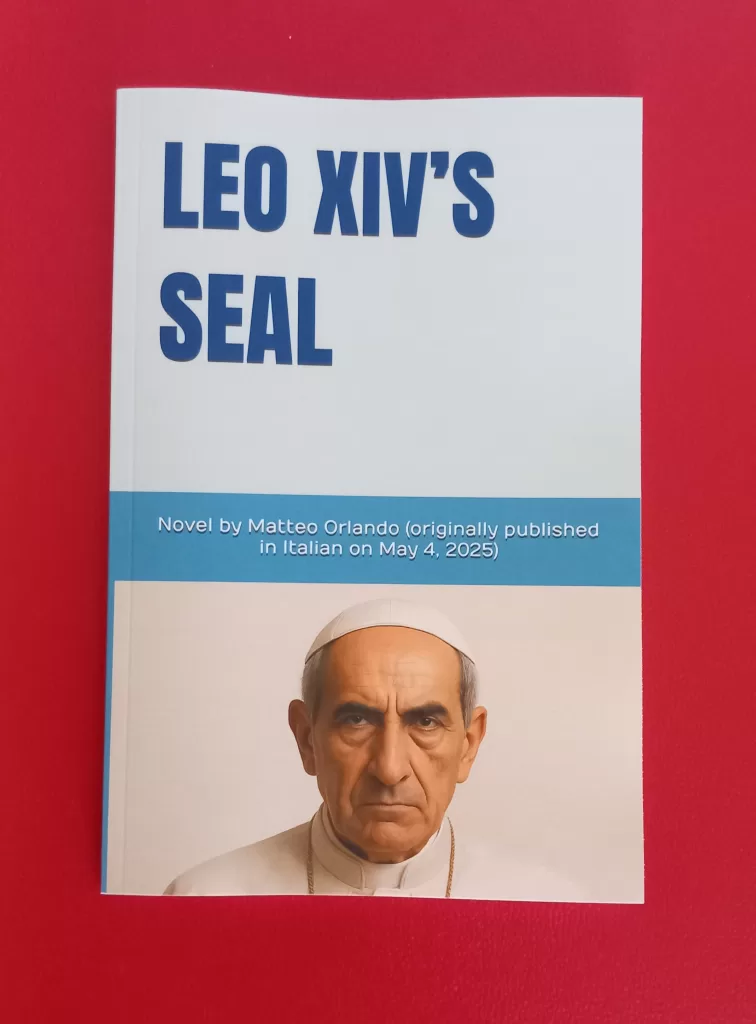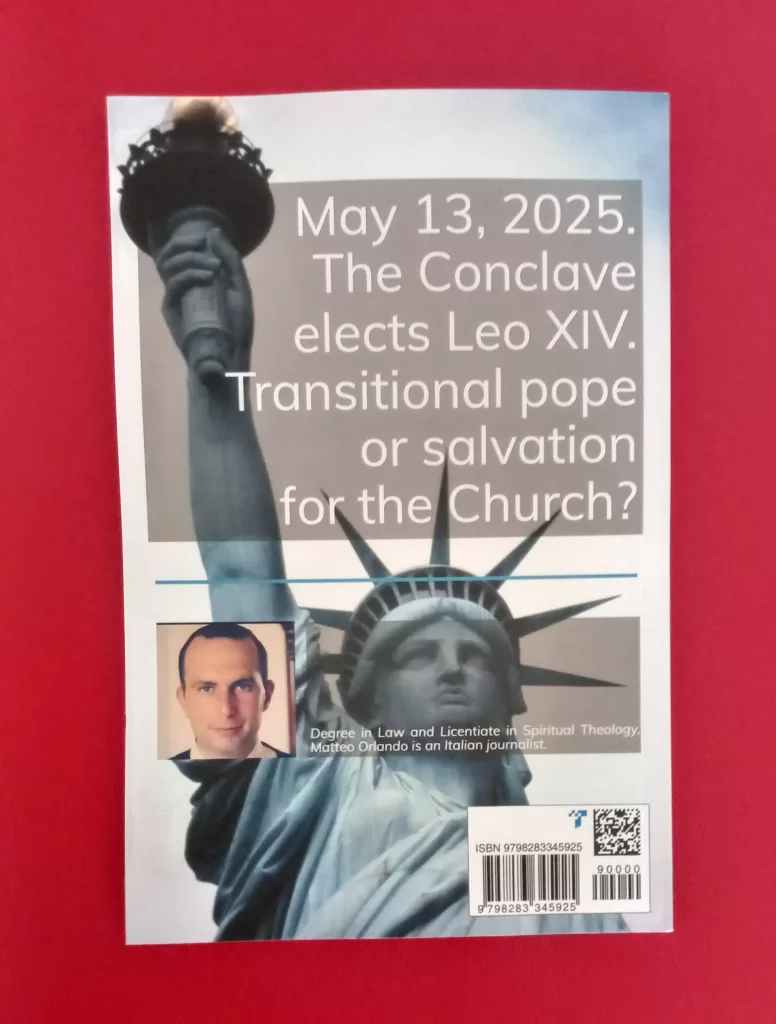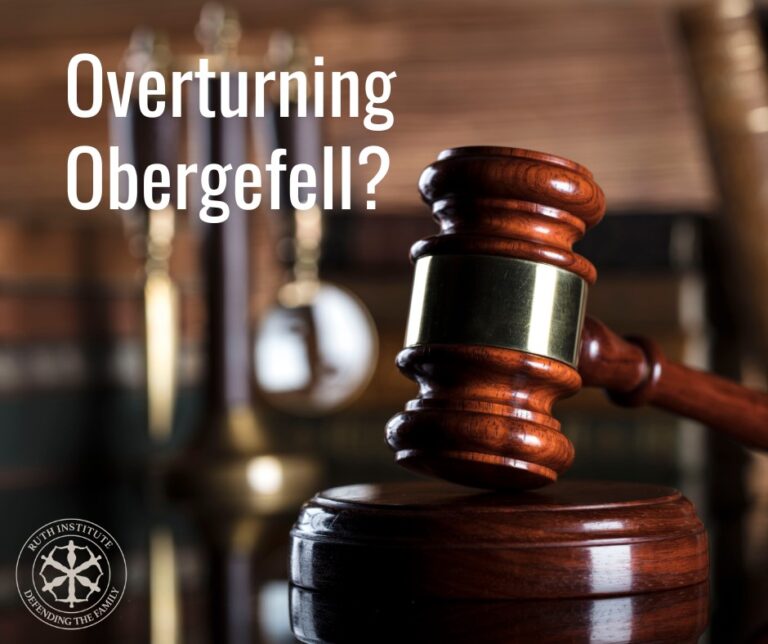Fans of the Ruth Institute, Matteo Orlando has been a long-time supporter of our work, sharing it on the Italian online newspaper “Informazione Cattolica.” Though we have not read this newly released book, we invite you to take a look at his timely publication.
Before the opening of the 2025 Conclave, Italian journalist and lecturer Matteo Orlando published his first novel, Leo XIV’s Seal. It is a brief yet intense work—surprising and profoundly timely—capable of marrying a gripping narrative with keen theological and pastoral reflection.

Precisely as the universal Church finds itself living through one of the most delicate moments of its recent history, Orlando issues a powerful provocation in the form of a story: what would happen if a Pope were elected who is radically different from those of the last century?
The protagonist of the novel is Pope Leo XIV (the author “prophesied” the name that, in reality, would indeed be chosen by Robert Francis Prevost), an imaginary yet strikingly plausible pontiff, utopian yet rooted in the desires of millions of Catholics.
Counter-revolutionary, anti–mainstream, firm in doctrine and austere in communication, Leo XIV breaks with the recent practice of a spectacular, media-driven papacy, returning instead to an appearance that is contemplative, rigorous, and deeply anchored in the Church’s traditional magisterium. He is a Pope who will not compromise with secularized thought, who will not wink at worldly powers, and who rejects every form of doctrinal or moral ambiguity.
Light years away from the clerical protagonist of certain contemporary hierarchs, Leo XIV presents himself as a man of God, not of the world. A successor of Peter who speaks little but teaches with authority, who does not seek the applause of the masses but the approval of Heaven. A Pope who makes liturgy, penance, and the defense of Truth the cornerstones of his imagined pontificate.

Orlando’s novel—written in a clear, engaging, and spare style—is enriched by a foreword from the physician and writer Paolo Gulisano, one of the most authoritative interpreters of contemporary Christian culture, and a afterword by the veteran Vatican correspondent Marco Tosatti, a journalist who knows the inner workings of the Vatican inside out. Both contributions offer the reader a profound key to understanding the text. Gulisano emphasizes how Leo XIV’s Seal represents a return to the essential, an exhortation to look upward toward God, Truth, and Salvation. Tosatti, highlights the importance of the priestly figure as guide, sentry, and guardian of orthodoxy in times of confusion.
Leo XIV’s Seal is also—and perhaps above all—a spiritual manifesto, a narrative appeal for a profound renewal of the Church, not in a modernizing sense but in terms of conversion, purification, and a return to Tradition. The novel moves like a seismograph, detecting the latent tensions within the Catholic world and giving voice to a widespread but often unheard desire: that of a Church that proclaims the Gospel without compromise, that forms the faithful for holiness rather than tepidity, that speaks plainly about sin and grace.
Leo XIV’s Seal has garnered widespread acclaim, even among regular readers of nonfiction and theology. Remarks like “I read it in one breath,” “A sublime book,” “Extraordinary,” are not mere compliments, but signs of a work that strikes deep chords, provokes, and stimulates both thought and conscience. It is a novel that shakes, that opens questions: What kind of Church do we desire? What sort of shepherd do we dream of for Christ’s flock? Are we still capable of hoping for a holy, strong, transparent Pope, rooted in the truth of the Gospel?
With Leo XIV’s Seal, Matteo Orlando delivers a remarkable and mature debut, capable of speaking to both heart and mind. It is a novel that sits at the crossroads of spirituality, theology, and narrative, offering a perspective that is new—or perhaps ancient—on what truly matters. A book to read, to meditate on, to circulate. Because, as the author suggests between the lines, dreaming of such a Pope is not escapism: it is resistance.



